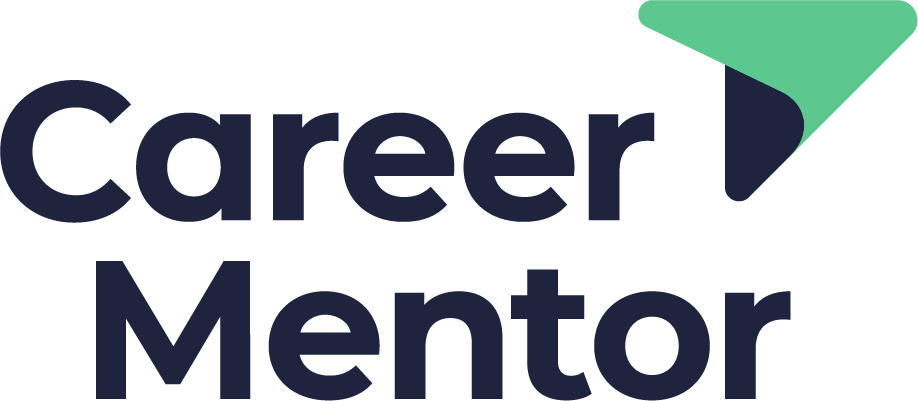How to approach a ‘coffee chat’ that’s really an informal job interview
If you’re invited to meet someone for a ‘coffee’, you might assume that because it’s an informal conversation, your approach and execution can also be casual. I’d suggest that this is a mistake and potentially a wasted opportunity. Even if it’s just a coffee, really it’s an audition - a chance to gain exposure and make a strong impression.
In this week’s blog, I’ll explain why and highlight some important points to consider.
Tone
A coffee meeting will naturally have a more relaxed tone, and you’ll have the chance to engage in conversation rather than endure a formal Q&A interview. This makes it easier to ask questions that might be difficult in a more structured setting. Since there may not be a specific role available, you can focus on two distinct areas:
Focus on the person
Ask how they came to work at their current firm, what their role involves, how they were promoted, and what kinds of deals or projects they’ve worked on. You’ll have already researched them on LinkedIn (hopefully), and the fact that you prepared will be obvious. Be genuinely curious about them without being intrusive — it will deepen rapport.
Focus on the firm
Use this opportunity to ask questions about the company’s culture, successes, ambitions, and initiatives. It’s a good way to find answers to questions that you can’t necessarily find online.
Avoid ‘rinsing’
While you want to be curious and genuinely interested, avoid seeming as though you’re prying or trying to ‘rinse’ them for confidential information. Remember, they may also be trying to glean insights from you about your current employer — this happens in both informal and formal interviews.
Interpersonal skills
This is your golden opportunity to showcase interpersonal skills. Build rapport so they can see you’d be a strong cultural fit for their team or department. Use rapport-building techniques, sensory acuity, and frame control where appropriate.
Showcase your value
Before the meeting, identify four or five examples of how you can add value. During the conversation, look for natural openings to weave these examples in. The key is to do so smoothly — avoid anything that feels forced, awkward, or contrived.
Listen
Aim to listen three to four times more than you speak.
Say thank you
Thank them at the end of the meeting, and follow up with a short note by text, WhatsApp, or LinkedIn. It shows professionalism.
Final thoughts
A coffee meeting is valuable precisely because it lacks the pressure of a formal interview. This less structured interaction allows you to focus on the individual, build a genuine connection, and perhaps even gain an advocate. Informal it may be — but it still demands preparation and skill if you want a great result.
If you’d like to chat about these ideas, or about your career and job search in general, let’s talk. You can use this link to book a free 15-minute call.
